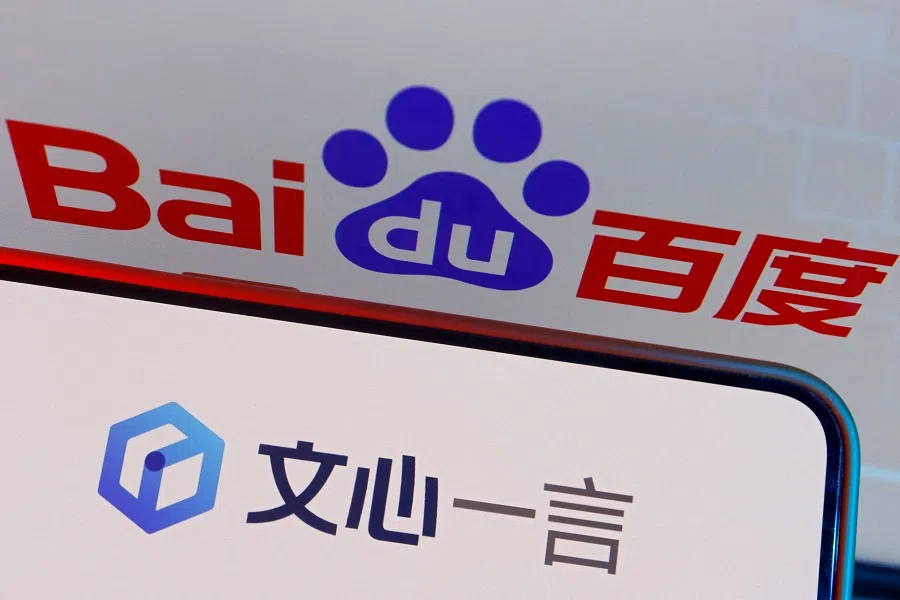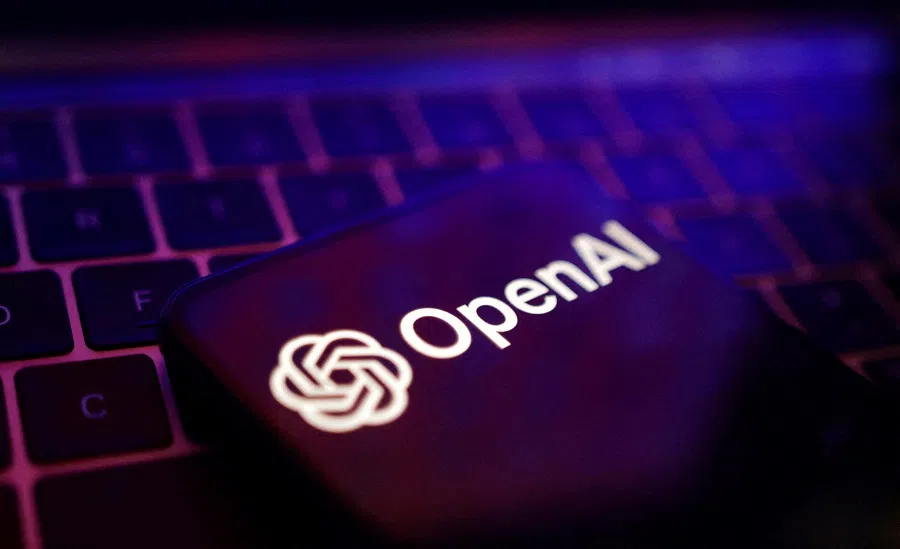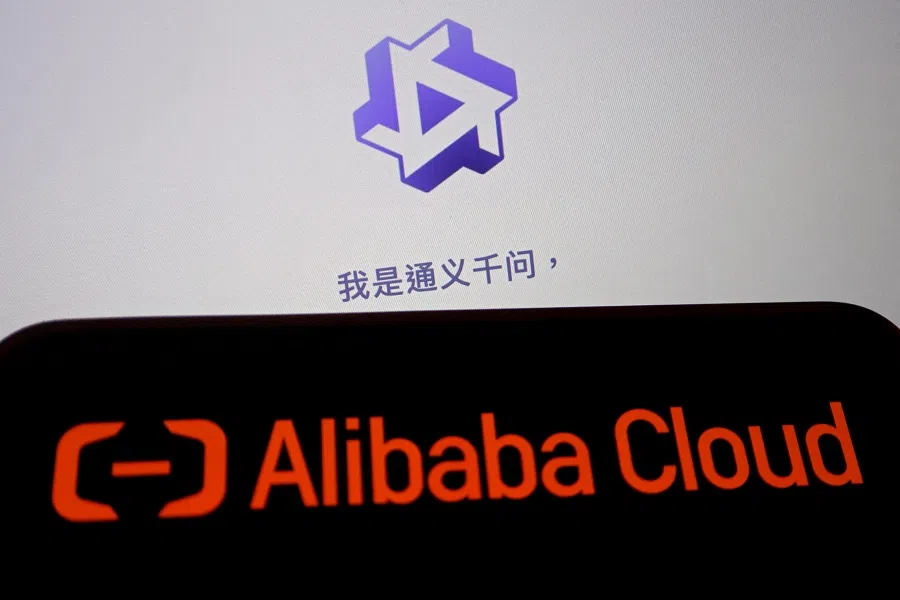China debates pros and cons of open-source AI models
Should the source code of large language models (LLMs) be made available to external developers to create new LLMs tailored for specific vertical domain applications?

(By Caixin journalists Liu Peilin and Ding Yi)
When discussing the development of large language models (LLMs), Zhou Hongyi, CEO of Chinese cybersecurity firm 360 Security Technology Inc., dismissed claims that open-source LLMs are inferior to closed-source ones, calling such assertions “nonsense”.
Zhou’s comments, which were delivered during the 27th Harvard College China Forum in April, were widely seen as a response to Baidu CEO Robin Li, who had previously said that it did not make sense for LLMs to be open-source and that closed-source LLMs would gain an expanding edge in capabilities as technology advances.
Baidu is among the first Chinese tech titans to launch a local alternative to OpenAI’s ChatGPT.
The bone of contention between the two tech moguls is a part of an ongoing debate about the pros and cons of making the source code of LLMs available to external developers for use to create new LLMs tailored for specific vertical domain applications.
Unlike Baidu, which insists on keeping its LLMs closed-source, a growing number of tech firms and government-backed artificial intelligence (AI) labs have joined Zhou’s camp.

For example, Alibaba Group Holding Ltd. has made many of its LLMs trained with different parameters open-source, while the Beijing Academy of Artificial Intelligence, which is backed by the Ministry of Science and Technology and the Beijing municipal government, has developed its own open-source LLMs.
And startups such as Beijing ModelBest Intelligent Technology Co. Ltd. and Kai-Fu Lee-founded 01.AI are building ecosystems for their open-source LLMs.
Benefits of open-source LLMs
Liu Ming, a designer working for a centrally administrated state-owned design institute in eastern China’s Zhejiang province, was initially frustrated by his inability to persuade management to buy a closed-source LLM to assist his work because of high costs and the need to hand over his company’s data to the model’s supplier for customised services.
To solve the problem, Liu in June 2023 chose to use a Chinese-developed open-source LLM, which worked in tandem with Nvidia Corp. graphics processing units serving as computing-powered architecture. This also used open-source inference software downloaded from developer community GitHub to test the applications he wanted.
At the end of 2023, Liu formally deployed his inference engine on Alibaba’s open-source Qwen-72B model trained with 72 billion parameters, which he found to be as basically accurate as closed-source ChatGPT-4 in document extraction and comprehension — a function crucial to his work.

“Now, we can only depend on free resources to test out applications on the LLM. Without the open-source model, we would not have even had a chance to try,” Liu told Caixin, adding that he has arranged for his inference engine to be housed at his company for further testing.
A team led by Associate Professor Xue Dong at East China University of Science and Technology had a similar experience with Liu.
In the middle of 2023, Xue’s team picked some open-source LLMs to assist with developing a data-driven chatbot, called MindChat, which offers services including psychological assessment, diagnosis and treatment. The decision was made after evaluating the cost of using closed-source LLMs and the sensitivity of sharing customer data with the models’ suppliers.
“While Alibaba has open-sourced their models, the underlying business strategy is to promote and sell their cloud services within the ecosystem.” — A developer working on Alibaba’s Tongyi Qianwen LLM framework
In July 2023, the team successfully launched three versions of MindChat developed based on three open-source LLMs developed by Alibaba, Beijing Baichuan Intelligent Technology Co. Ltd. and a team including SenseTime Group Inc. and the Shanghai Artificial Intelligence Laboratory respectively.
Liu and Xue’s team would not have made it without the efforts of LLM suppliers, which are pushing forward with plans to build up open-source online communities.

In November 2022, Alibaba launched ModelScope, an open-source Model-as-a-Service platform that has provided 4.4 million global developers with more than 4,000 ready-to-deploy AI models, of which 300 were developed by Alibaba’s research arm Damo Academy.
“Alibaba’s original intention wasn’t to keep its LLMs to itself for commercial gain, but to build an open ecosystem for all developers,” Zhou Jingren, chief technology officer at Alibaba Cloud, told Caixin.
The reason why they selected Alibaba as a partner was not only because of its leading position in offering open-source LLMs but also because Alibaba Cloud provides the most extensive free computing power support, a developer creating vertical LLM applications under Alibaba’s Tongyi Qianwen LLM framework told Caixin.
“While Alibaba has open-sourced their models, the underlying business strategy is to promote and sell their cloud services within the ecosystem,” the developer said.
... developers will struggle to turn their open-source LLMs into a profitable business as their development requires heavy investment in acquiring computing resources and related expertise.
Baidu’s choice
In the opinion of Baidu’s CEO Li, developers will struggle to turn their open-source LLMs into a profitable business as their development requires heavy investment in acquiring computing resources and related expertise.
But in order to help developers create AI applications with ease, Baidu has so far launched three AI development toolkits: AppBuilder, ModelBuilder and AgentBuilder.

With AppBuilder, developers can use natural language to create an application within three steps, according to the company. ModelBuilder is a model customisation tool that provides development tool chains and industry-specific datasets.
AgentBuilder is a development tool based on Baidu’s foundational closed-source LLM ERNIE to build AI agents, which are often described as generative AI tools that can complete tasks on a user’s behalf similar to Apple Inc.’s Siri.
But the founder of a startup engaged in developing LLMs for vertical domain applications told Caixin that he was worried about the heavy dependence on Baidu’s development platforms because it means that his company will give its algorithms and data to the tech giant, which may not make all its application programming interfaces (APIs) available to smaller developers.
APIs allow developers to incorporate advanced AI capabilities into their applications or services by making requests to the API and receiving responses.
Liang Gongjun, founder of Hina, a specialist in video interview software powered by AI, told Caixin that enterprise client data is the most valuable asset for vertical LLM developers, which shouldn’t be easily handed over to big developers of foundational LLMs like Baidu.
“We only regard foundational LLMs as a tool, which is similar to the cellular networks provided by mobile carriers in the era of the mobile internet,” Liang said.
No matter whether LLMs are open-source or closed-source, market observers deem that the key to making good AI applications lies in providing developers with a combination of computing resources and development toolkits.

Therefore, Baidu has begun providing its top clients with an all-in-one LLM development platform that incorporates both its closed-source LLMs and other open-source LLMs such as Meta Platforms Inc.’s Llama.
A third way
No matter whether LLMs are open-source or closed-source, market observers deem that the key to making good AI applications lies in providing developers with a combination of computing resources and development toolkits.
Chen Ran has identified a potential business opportunity in this field. The former head of open-source community GitLab’s China business is leading a team to run a Hugging Face-like platform, named OpenCSG, which focuses on providing LLM developers with tools used to write AI code and LLM deployment schemes for enterprise clients.
OpenCSG has also launched a computing resources trading platform for small and midsize enterprise clients, Chen told Caixin, adding that he expects OpenCSG to generate more than 100 million RMB (US$13.8 million) in revenue in 2024, 70% of which will come from computing resources trading.
OpenCSG has been operating for around four months, amassing over 500,000 registered users.
(Liu Ming is a pseudonym.)
This article was first published by Caixin Global as “In Depth: China Debates Pros and Cons of Open-Source AI Models”. Caixin Global is one of the most respected sources for macroeconomic, financial and business news and information about China.





![[Big read] When the Arctic opens, what happens to Singapore?](https://cassette.sphdigital.com.sg/image/thinkchina/da65edebca34645c711c55e83e9877109b3c53847ebb1305573974651df1d13a)